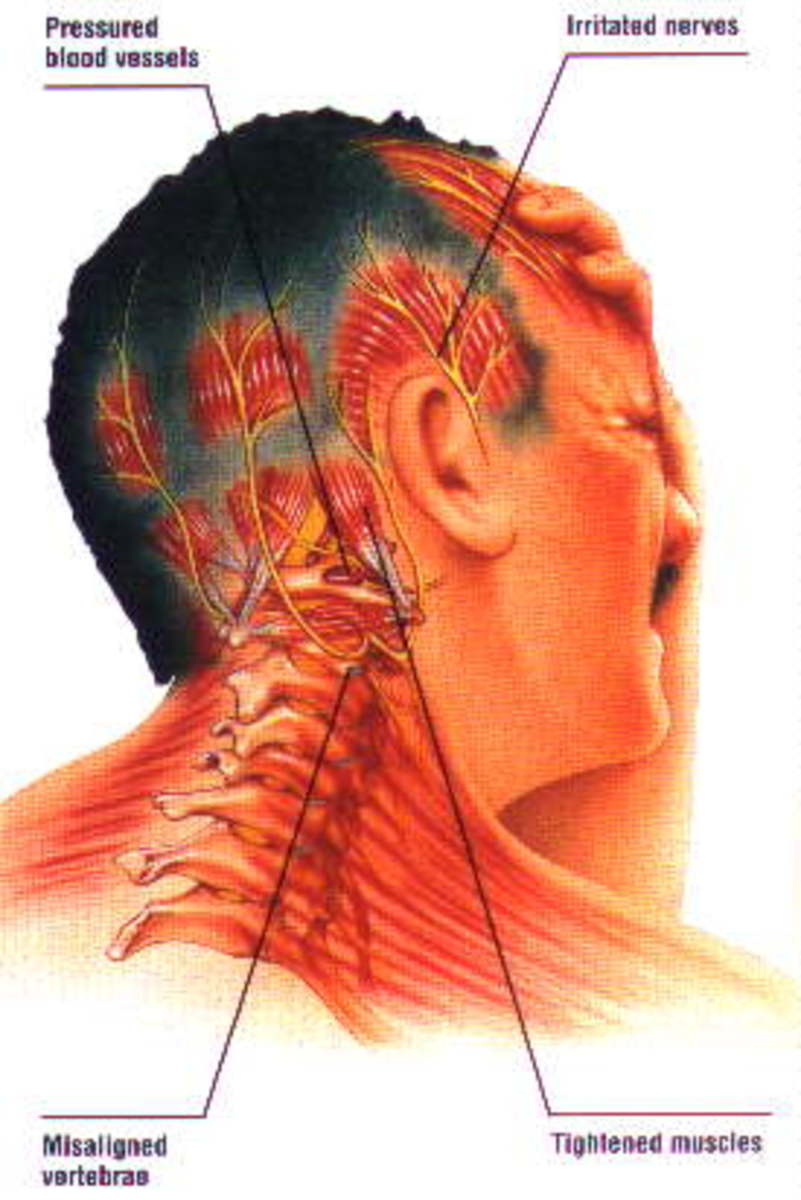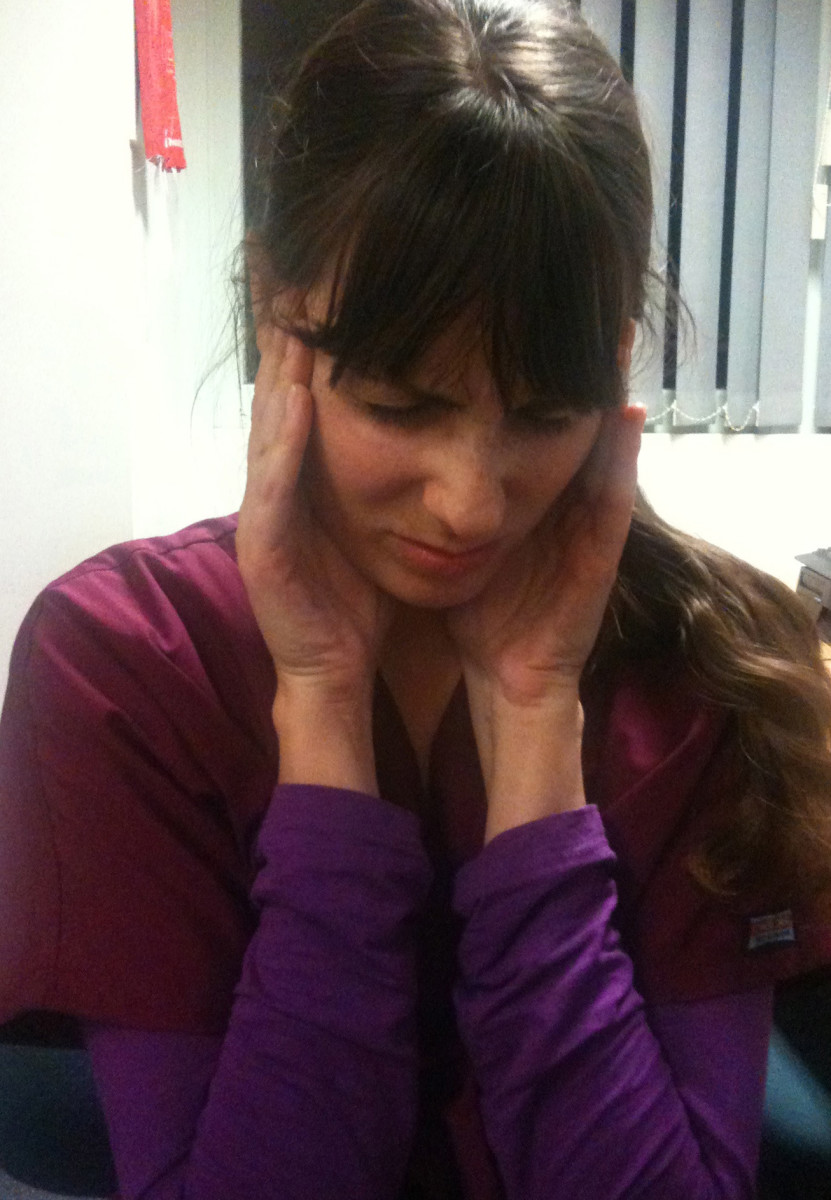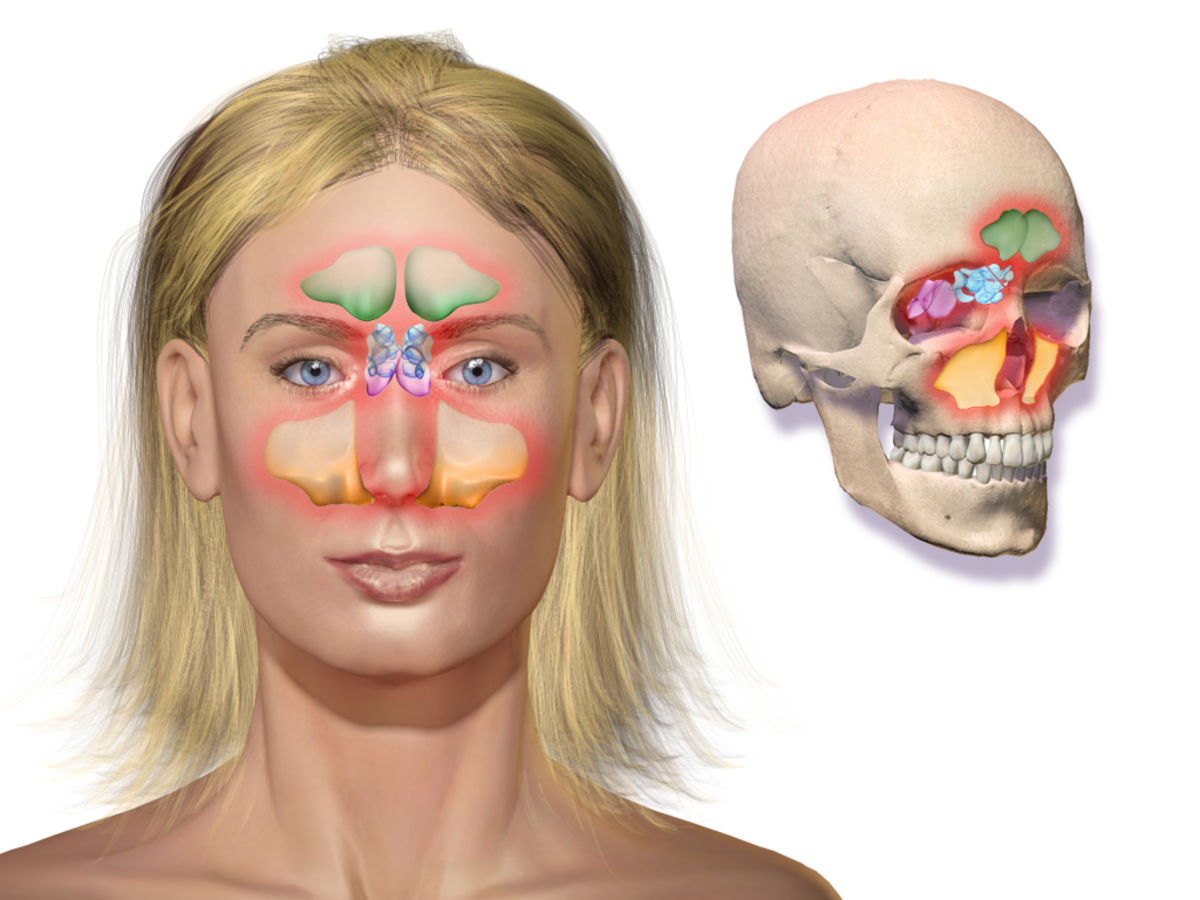Worrying about Headaches

Headaches are the most common thing experienced by humans. However, everyone has that fear when a headache is sudden, severe, or lasting that there might be a deeper problem. So, how do you know when the right time to see a doctor is?
Well, let's step back for a moment and delve into what a headache is first. Headaches can be described as a pain in the head, face, or neck locations. They can be caused by a number of things like dehydration, muscle tension, or be a part of an illness. Certain foods and drinks can also trigger headaches.
There are two types of headaches to look out for which are known as a primary or secondary headaches. The most common headache is the primary headache which happen without any underlying illnesses or issues. Cluster headaches, tension headaches, and migraines can fall into this catagory. Secondary headaches are from a separate cause. Things that can cause these kinds of headaches are hormonal change, illnesses, sinus inflammation, or even be the side effects of medications or drugs.
Headaches not only can cause you pain, but they can also make it difficult to be productive in your daily life. In some cases it can even cause you to lose out on work and threaten your lively hood. If the headache you are suffering from has been ongoing that is when you want to seek out the help of your doctor. It is always good to seek out your doctor if your headaches are frequent or if they last more than a few days.
It is very rare that headaches are the sign of an extreme medical condition. However, if you are experiencing any signs of a stroke, have a sudden severe headache that has never happened before, or have a headache paired with a stiff neck and fever you should seek immediate medical attention.
If your doctor finds it necessary he or she might send you to get a CT scan of your head and brain to check for any potential threats. CT scans are meant to check for things like brain tumors, an infection of the brain, a build up of fluid in the brain, sinus blockage, injuries, or any issues with the arteries.
Because there are so many different types of headaches out there it is always good to be aware of all the different ways to help treat them. Keeping a headache diary is something that could help, and it was one of the first things that my own doctor recommended I do to keep track of what I ate or did through the day to see what could possibly be triggering my headaches and severe migraines. Thanks to the diary and to my independent research I was able to cut out foods that were potential triggers.
Always be sure that you are keeping hydrated and eating well. Keep active to avoid muscle tension which can sometimes lead to headaches. Overuse of medications can also cause rebound headaches as well, so if you've already taken medicine for a headache and it hasn't worked attempt something different. Herbal teas or even a nice hot shower have always worked in my favor at times.
Remember that headaches are common so most times there is no need to worry about it being something extreme.








